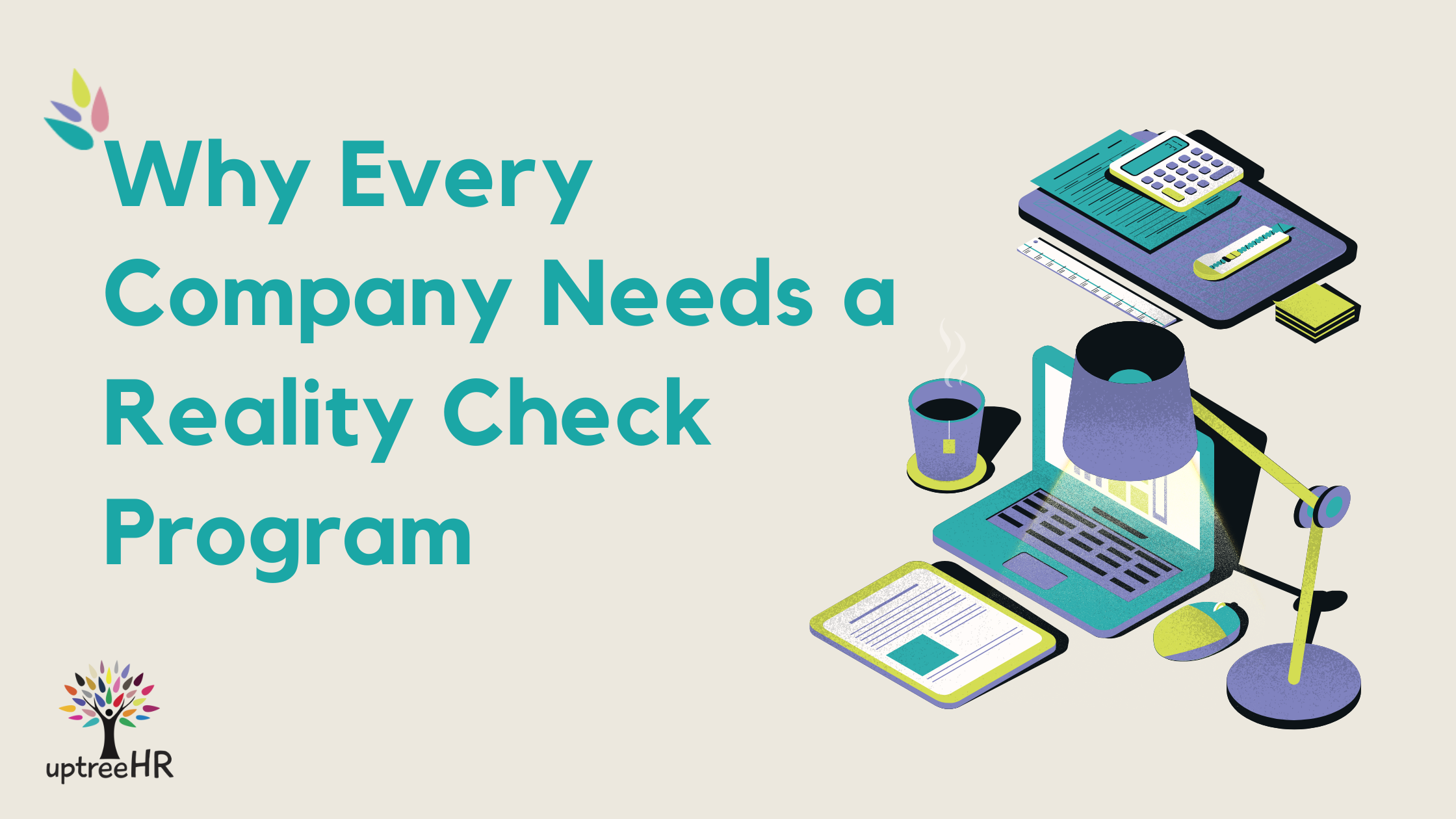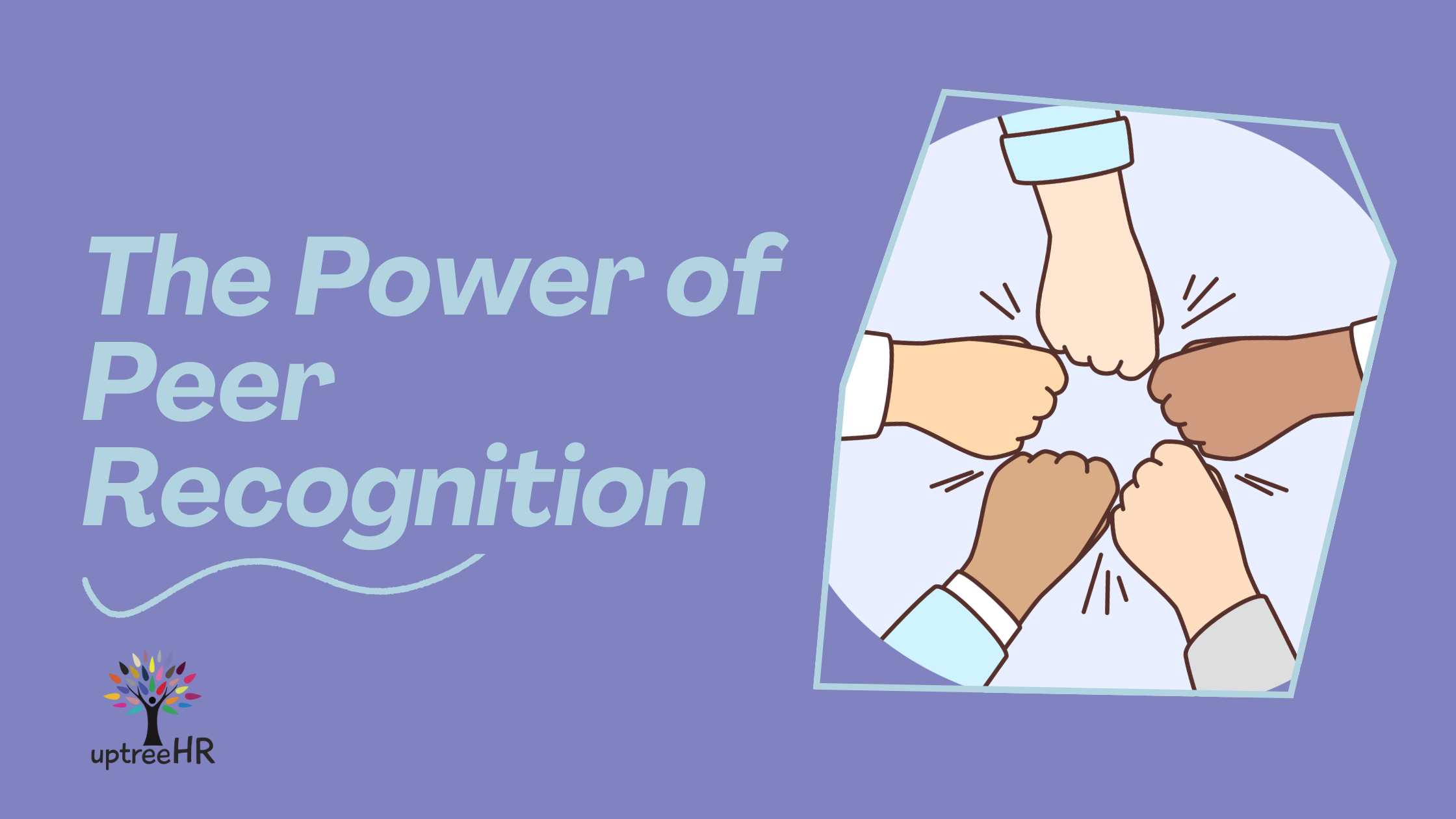
When I was young, my mother often told me (as many mothers do), “If you don’t have anything nice to say, don’t say anything at all.”
Twenty years later, I can confidently say that this mantra doesn’t hold up well in the workplace.
Why?
Because sometimes, you need to say things that aren’t “nice” – But they still need to be said. The key is learning how to say them in a productive, respectful way.
Enter “Radical Candor”.
Coined by author and leadership coach Kim Scott, Radical Candor is a feedback framework built on honesty, empathy, and authenticity. It helps you deliver feedback in a way that strengthens relationships and, when practiced consistently, builds high-performing teams and a culture of continuous feedback within your organization.
What Is the Radical Candor Framework?
Radical Candor is based on a simple 2×2 model with two key dimensions:
- Care Personally
2. Challenge Directly

Source: Radical Candor, Kim Scott. https://www.radicalcandor.com/our-approach/
Here’s how the four quadrants break down:
- Ruinous Empathy (Care Personally, Don’t Challenge): You avoid giving constructive feedback to avoid hurting someone’s feelings. It feels kind, but it can lead to underperformance and unresolved issues.
- Obnoxious Aggression (Challenge Directly, Don’t Care): You’re blunt and harsh. It may get short-term results, but it erodes trust and morale.
- Manipulative Insincerity (Neither Care nor Challenge): You’re not honest, and you don’t show care. This is the most toxic zone—think passive-aggressive comments or office gossip.
- Radical Candor (Care Personally, Challenge Directly): You’re honest and clear, but your feedback comes from a place of genuine care and respect.
So, what should you be aiming for when delivering feedback? It’s simple: Care personally, and challenge directly. This is radical candor.
What Impact Does Radical Candor Have in the Workplace?
When you challenge directly…
- Performance improves because people know what’s expected and how they can develop.
- Issues are addressed early, before they escalate.
- Feedback becomes a normal, healthy part of team culture.
When you care personally…
- People feel valued as humans, not just for their output.
- Engagement and trust increase.
- Mistakes become learning opportunities.
Together, these two dimensions create a culture where people feel safe to speak up, take risks, and continuously improve.
What Can You Do to Implement Radical Candor at Work?
Start by asking for feedback – And do it often. When you show that you’re open to hearing the truth, you create space for others to do the same.
Then, begin giving feedback using the Radical Candor mindset: be clear, be kind, and tailor your approach to the individual. Some people may need more warmth before they can hear a challenge, others may prefer directness right away. The key is to stay genuine and stay honest.
Radical Candor is not just an excuse to be brutally honest. It’s about caring enough to tell the truth and trusting your team enough to grow from it!
Addy Smith is a Human Resources Partner with uptreeHR Inc, a trusted human resources partner for small to medium-sized businesses. Addy and the team are based in Halifax, Nova Scotia.
To book a complimentary 30-minute consult with the uptreeHR team, click here.
Leave A Comment
DoorDash has had a program since its early days called [...]
Turnover is a normal part of running any organization, but [...]
I recently facilitated a team-building session at an organization’s annual staff retreat, and one [...]




